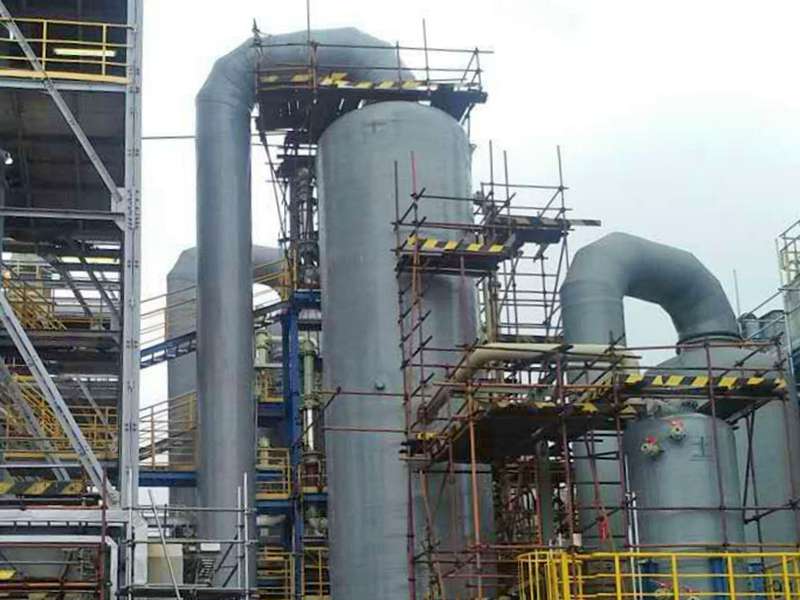
-
 Afrikaans
Afrikaans -
 Albanian
Albanian -
 Amharic
Amharic -
 Arabic
Arabic -
 Armenian
Armenian -
 Azerbaijani
Azerbaijani -
 Basque
Basque -
 Belarusian
Belarusian -
 Bengali
Bengali -
 Bosnian
Bosnian -
 Bulgarian
Bulgarian -
 Catalan
Catalan -
 Cebuano
Cebuano -
 China
China -
 China (Taiwan)
China (Taiwan) -
 Corsican
Corsican -
 Croatian
Croatian -
 Czech
Czech -
 Danish
Danish -
 Dutch
Dutch -
 English
English -
 Esperanto
Esperanto -
 Estonian
Estonian -
 Finnish
Finnish -
 French
French -
 Frisian
Frisian -
 Galician
Galician -
 Georgian
Georgian -
 German
German -
 Greek
Greek -
 Gujarati
Gujarati -
 Haitian Creole
Haitian Creole -
 hausa
hausa -
 hawaiian
hawaiian -
 Hebrew
Hebrew -
 Hindi
Hindi -
 Miao
Miao -
 Hungarian
Hungarian -
 Icelandic
Icelandic -
 igbo
igbo -
 Indonesian
Indonesian -
 irish
irish -
 Italian
Italian -
 Japanese
Japanese -
 Javanese
Javanese -
 Kannada
Kannada -
 kazakh
kazakh -
 Khmer
Khmer -
 Rwandese
Rwandese -
 Korean
Korean -
 Kurdish
Kurdish -
 Kyrgyz
Kyrgyz -
 Lao
Lao -
 Latin
Latin -
 Latvian
Latvian -
 Lithuanian
Lithuanian -
 Luxembourgish
Luxembourgish -
 Macedonian
Macedonian -
 Malgashi
Malgashi -
 Malay
Malay -
 Malayalam
Malayalam -
 Maltese
Maltese -
 Maori
Maori -
 Marathi
Marathi -
 Mongolian
Mongolian -
 Myanmar
Myanmar -
 Nepali
Nepali -
 Norwegian
Norwegian -
 Norwegian
Norwegian -
 Occitan
Occitan -
 Pashto
Pashto -
 Persian
Persian -
 Polish
Polish -
 Portuguese
Portuguese -
 Punjabi
Punjabi -
 Romanian
Romanian -
 Russian
Russian -
 Samoan
Samoan -
 Scottish Gaelic
Scottish Gaelic -
 Serbian
Serbian -
 Sesotho
Sesotho -
 Shona
Shona -
 Sindhi
Sindhi -
 Sinhala
Sinhala -
 Slovak
Slovak -
 Slovenian
Slovenian -
 Somali
Somali -
 Spanish
Spanish -
 Sundanese
Sundanese -
 Swahili
Swahili -
 Swedish
Swedish -
 Tagalog
Tagalog -
 Tajik
Tajik -
 Tamil
Tamil -
 Tatar
Tatar -
 Telugu
Telugu -
 Thai
Thai -
 Turkish
Turkish -
 Turkmen
Turkmen -
 Ukrainian
Ukrainian -
 Urdu
Urdu -
 Uighur
Uighur -
 Uzbek
Uzbek -
 Vietnamese
Vietnamese -
 Welsh
Welsh -
 Bantu
Bantu -
 Yiddish
Yiddish -
 Yoruba
Yoruba -
 Zulu
Zulu
Durable and Lightweight Fiberglass Fuel Tanks for Enhanced Performance and Longevity
The Role of Fiberglass Fuel Tanks in Modern Fuel Storage Solutions
In an era where environmental consciousness and safety are at the forefront of industrial advancements, fiberglass fuel tanks have emerged as a highly effective solution for fuel storage. Their durability, lightweight nature, and resistance to corrosion make them a preferred choice across various industries, especially in the fields of transportation, marine applications, and even residential settings.
Fiberglass, or glass-reinforced plastic, is composed of a polymer matrix reinforced with glass fibers. This composition imparts unique structural properties to fiberglass, making it a viable material for constructing fuel tanks. Unlike traditional steel tanks, which can corrode over time and require regular maintenance, fiberglass tanks resist rust and degradation, ensuring a longer lifespan and lower maintenance costs.
One of the most significant advantages of fiberglass fuel tanks is their versatility in design. They can be manufactured in various shapes and sizes, allowing for customized solutions that fit different space requirements and storage capacities. This flexibility is particularly beneficial in tight or irregularly shaped locations, where conventional tanks cannot easily be installed. Furthermore, the lightweight nature of fiberglass enables easier transportation and installation, reducing labor costs and increasing efficiency.
Safety is another critical area where fiberglass fuel tanks excel. Given the flammable nature of fuels, the risk of leaks and spills is always a concern. Fiberglass tanks are constructed to be leak-proof, minimizing the risk of environmental contamination and hazards associated with fuel storage. Many fiberglass tanks also come equipped with advanced features such as double-walled construction, further enhancing their safety profile. The outer wall acts as a secondary containment system, capturing any potential leaks from the inner tank.
fiberglass fuel tank

In addition to safety, fiberglass tanks offer excellent thermal insulation properties. This feature is vital, especially in applications where temperature fluctuations can affect fuel volatility. By maintaining a more stable temperature, fiberglass tanks help ensure that fuel maintains its integrity and does not undergo unwanted chemical changes that could affect performance.
The environmental considerations associated with fiberglass fuel tanks are also noteworthy. As industries around the globe strive to reduce their carbon footprint, the use of fiberglass tanks supports these efforts. Their resistance to corrosion extends the lifespan of the tank, thus reducing the need for frequent replacements and the environmental impact associated with manufacturing new tanks. Additionally, fiberglass is often produced in a way that reduces energy consumption and resource waste, making it a more sustainable option compared to traditional materials.
Despite their numerous advantages, fiberglass fuel tanks are not without challenges. For instance, the initial cost of purchasing and installing a fiberglass fuel tank may be higher than that of traditional steel tanks. However, when considering the long-term savings associated with maintenance, safety, and environmental compliance, many operators find that fiberglass tanks offer superior overall value.
In the marine industry, fiberglass fuel tanks have become an essential component of boat design. Boats are often subjected to harsh conditions, including exposure to saltwater and extreme temperatures. The durability and resistance to corrosion that fiberglass offers make it an ideal choice for marine environments. Similarly, in the automotive sector, fiberglass tanks are finding uses in electric vehicles and modern fuel systems, where weight reduction and safety are paramount.
In conclusion, fiberglass fuel tanks represent a significant advancement in fuel storage technology, combining safety, durability, and environmental sustainability into one efficient solution. As industries continue to innovate and improve their operations, it is clear that fiberglass tanks will play a crucial role in shaping the future of fuel storage. Whether in marine applications, transportation, or residential use, the benefits of fiberglass fuel tanks demonstrate their importance and utility in today’s world. As the push for safer and more sustainable practices continues, embracing materials like fiberglass is not just a choice—it’s a necessity for a better and more environmentally friendly future.









